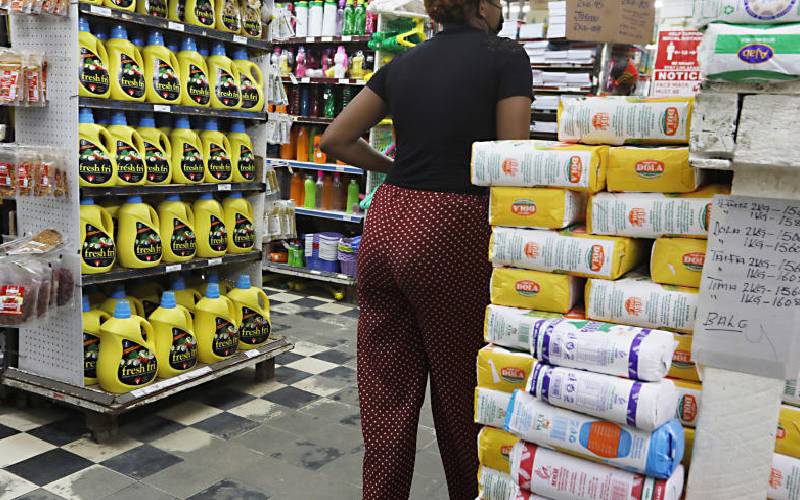×
The Standard e-Paper
Join Thousands Daily

Prices of foodstuff have increased in prices in Mombasa. [Omondi Onyango,Standard]
Global warming easily tops the list of defining issues of our age. Now, more than ever, the world is confronting the fact that climate change is possibly the greatest threat to human existence.